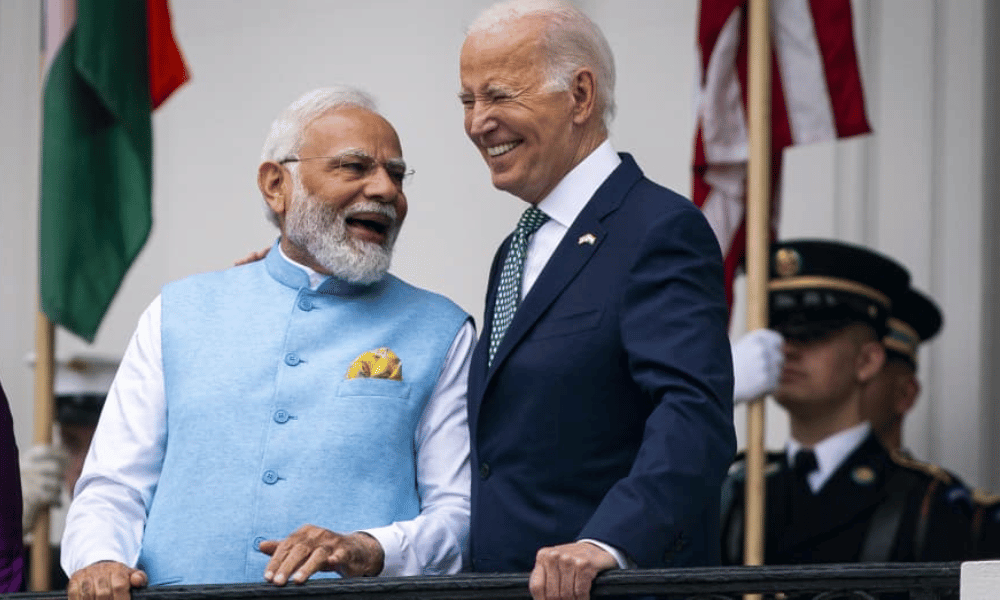
Leaders of the Group of 20 leading industrialized and developing countries will gather this weekend in New Delhi for a summit that will mark the end of India’s year-long G20 presidency.
|
Are you a Tax Lawyer in USA? |
Indian Prime Minister Narendra Modi has turned the normally sedate rotating presidency of the G20 nations into a branding vehicle to burnish India’s geopolitical importance — underscoring India’s emergence as a key voice on the world stage.
The country’s diplomats now face a race against time to broker tangible multilateral outcomes at this weekend’s G20 leaders’ summit of leading industrialized and developing countries in New Delhi.
India has so far not been able to foster consensus for a joint communique from the previous G20 meetings in other major tracks that it has convened. Member states haven’t been able to agree on binding action due largely to Russia’s and China’s objections to the language referring to the Ukraine crisis.
In a banner year for Indian diplomacy that also saw the world’s most populous nation take on the rotating presidency of Shanghai Cooperation Organization, India risks having little to show for its efforts that may in turn undercut the country’s credibility and Modi’s domestic messaging.
“What is different about India’s presidency of the G20 and what I’m amazed by is how the Modi government has turned the G20 into a nonstop advertisement for both India and his leadership,” said Manjari Chatterjee Miller, a senior fellow for India, Pakistan and South Asia at the Council on Foreign Relations in Washington, D.C.
“One of the risks is that by elevating India’s presidency of the G20 so much, there are now expectations for India to deliver some concrete breakthroughs,” she told CNBC in an email. “India has been trying to use the G20 to bring the Global South together and offer itself as a bridge between the Global South and the West. But there remains the problem of Russia and China.”